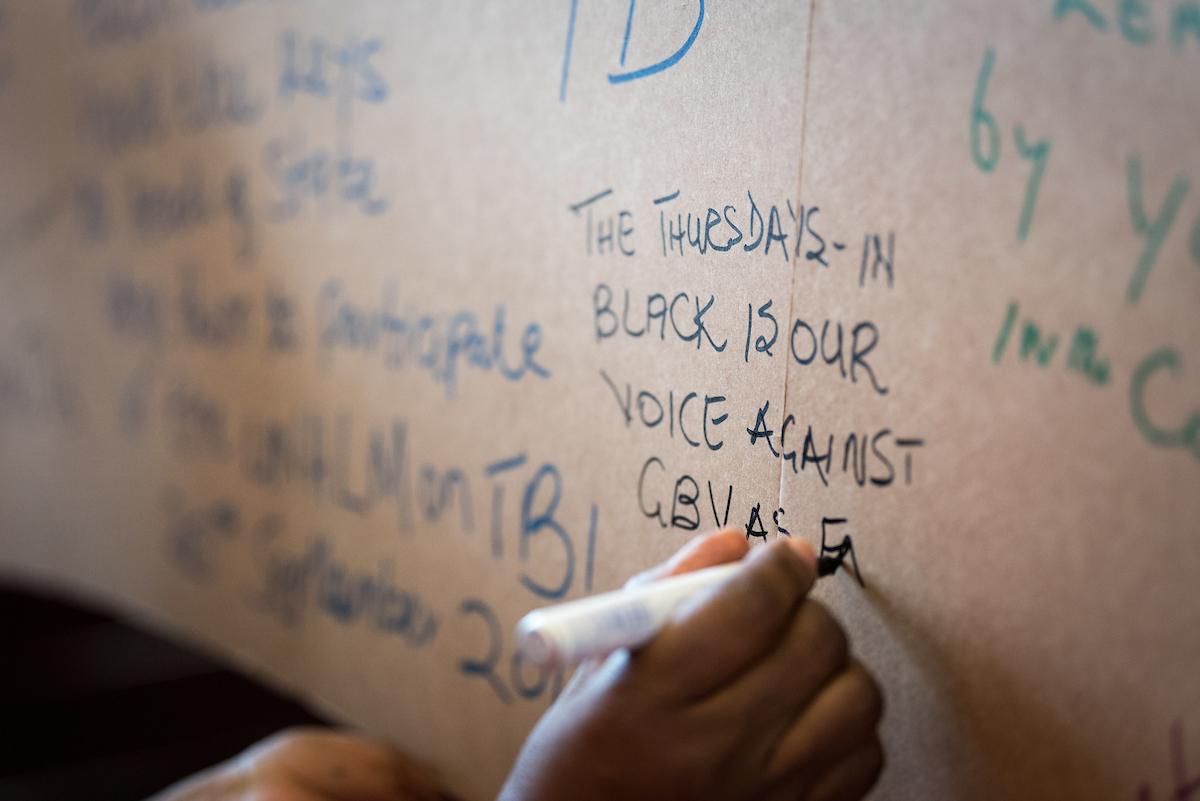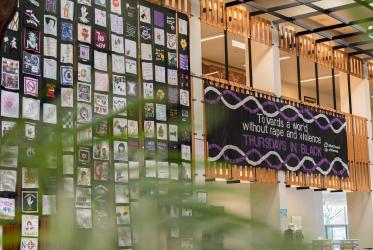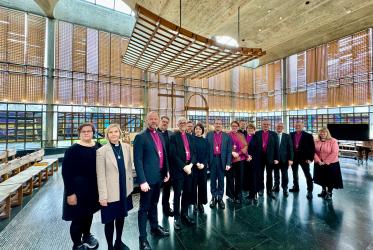Concrete action by churches everywhere is necessary to counter the persistent scourge of sexual and gender-based violence, urges the World Council of Churches (WCC) in a plaintive call from Uppsala, Sweden.
Meeting 2-8 November, the WCC’s executive committee heard extensive discussion of gender violence from both the moderator’s and general secretary’s presentations there, and has issued a public statement on what the churches can do about it.
The context includes reports of increased abuse, violence and rape of women, particularly in venues of conflict, migration, war, and social chaos, as well as through such cultural practices as so-called child marriage, and female genital mutilation.
The recent awarding of the Nobel Prize to Denis Mukwege and Nadia Murad is an encouragement to all those working to end the use of sexual violence as a weapon of war, the committee states, as are movements for gender justice.
The churches themselves must shoulder some blame for a “culture of silence” about issues of gender, the statement acknowledges, but churches are also well placed to play a constructive role.
“Issues related to human sexual behaviour and gender relations within the family are taboo in many churches and church communities, preventing the church from being a safe and protective place for women who are victims of or threatened by sexual and gender-based violence. The church must actively contribute to the elimination of such violence and abuse.”
The statement suggests concrete measures for churches to take, and it highlights the recently relaunched campaign Thursdays in Black as an apt vehicle of action by churches, church groups, and partner organizations.
The global advocacy initiative to counter gender violence and rape, Thursdays in Black stands at the centre of a range of related initiatives and programmes in the WCC: the Just Community of Women and Men, the UNICEF-partnered Churches’ Commitment to Children, the EHAIA programme, and the WCC-EAA efforts to counter HIV and AIDS.
Recently, activists, theologians and church leaders met in Kingston, Jamaica, to commemorate the 20th anniversary of the end of the Decade of the Churches in Solidarity with Women (1988-1998), where participants recalled the stories from a generation ago.
Yet, says the statement, “The present reality seems even more brutal, with so many girl children in refugee camps ‘married’ as protection from sexual violence; rape and sexual violence continuing to be used as a weapon of war; so many lives lost or blighted due to discrimination based on gender, race, poverty or human sexuality; and political and social institutions – including the church – continuing to demonstrate misogyny, impunity and discrimination despite the hard-fought struggles of so many for equity and liberation.”
Churches can actively intervene to focus on and address the issues at all levels, the statement suggests.
Learn more about Thursdays in Black








